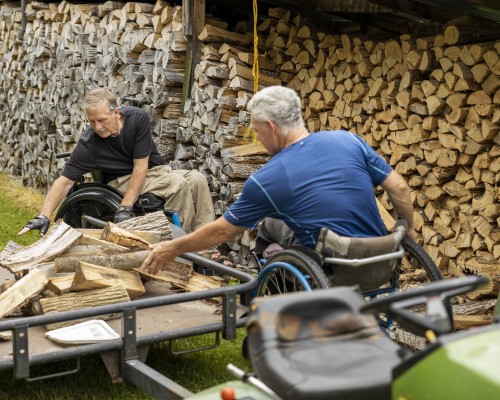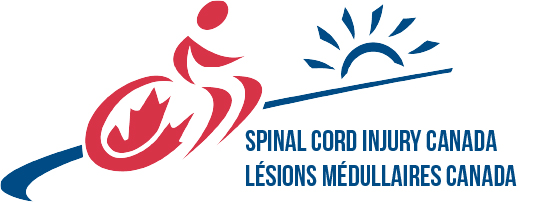How to Avoid Isolation: Peer Mentorship and Building a Community of Friends with SCIs (Mental Health Series Part Eight)

Welcome back to this series on mental health. I am pleased you have joined me. As I mentioned in the first part of this series, I want to tell you about the impacts of isolation and why seeking peer support will benefit you.
Avoid Isolation
Humans are social creatures, and we need each other. Being connected to another person is essential to your well-being and survival.
I know that many people tend to isolate themselves after experiencing an SCI, which is understandable. Among the many things you may be dealing with as a person with a new SCI, a few might include:
- Dealing with extreme emotions
- Having a hard time adapting to your new life and letting go of your old one
- Your self-esteem may have decreased, and you might be blaming yourself or being highly self-critical
- You may find it challenging to go out with people as you learn what places are accessible and the different accessible transit options available to you
However, if you begin to isolate yourself for any reason, you are risking your mental and physical health. For example, research has demonstrated that isolation and loneliness impact people in many ways. Isolation and loneliness can:
- Increase an individual’s risk of premature death and dementia
- Increase the risk of heart disease and stroke
- Increase rates of depression, anxiety, and suicide
- Decrease the quality of your sleep
- Impair immune system functioning
- Accelerate cognitive decline
- Impair brain executive functioning
- Increase the risk of engaging in unhealthy habits (e.g., drugs and alcohol, unhealthy foods, gambling, sex)
- Increase stress
Therefore, it is essential that you build a community of people you feel connected to and begin to understand that being lonely does not necessarily mean you are alone. If you are having a difficult time with isolation after an SCI, you may want to:
- Join a club focused on something you are passionate about
- Find your purpose and belonging by connecting with others you meet daily
- Spend time with family and friends
- Go with loved ones to accessible activities near you
- Access peer support
Peer Support
Many people want nothing to do with the disabled community after sustaining an SCI. I am not quite sure why we often avoid connecting with others who have SCIs. However, I can tell you that avoiding this community is a big mistake when it comes to your mental health.
Having a peer mentor who is trained and understands to some extent what you are going through is so important. Additionally, it is essential to build a community of others with SCIs who understand your experience and emotions to the greatest extent anyone can.
Having a support system of these people may help you process your emotions related to your injury. A support system can also teach you new perspectives and new ways to do things you thought you could not do anymore. Peers are a shoulder to lean on or confide in about everything from ableism to how your non-disabled community treats you now. They are the best cheerleaders and motivators you can find, and they make you feel as if you are home in so many instances.
Honestly, I am so thankful for my community of friends who are a part of the SCI community. I cherish them every day, and I could not imagine my life without them. I can tell you that making friends with others who have SCIs may be one of the best things you can do for your state of mind and recovery.
If you are looking for a peer, contact your provincial or territorial SCI organization. You can find the contact information for each provincial SCI organization here.
